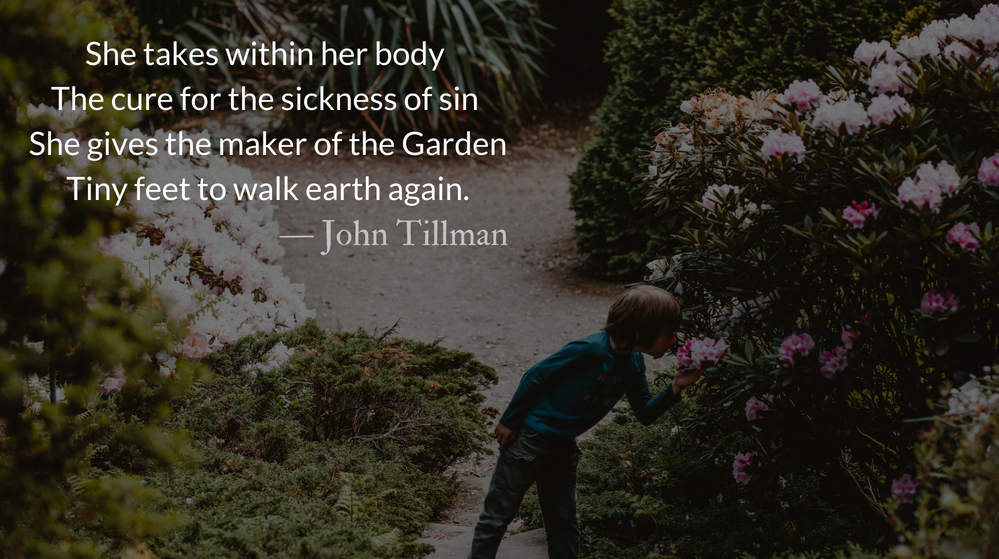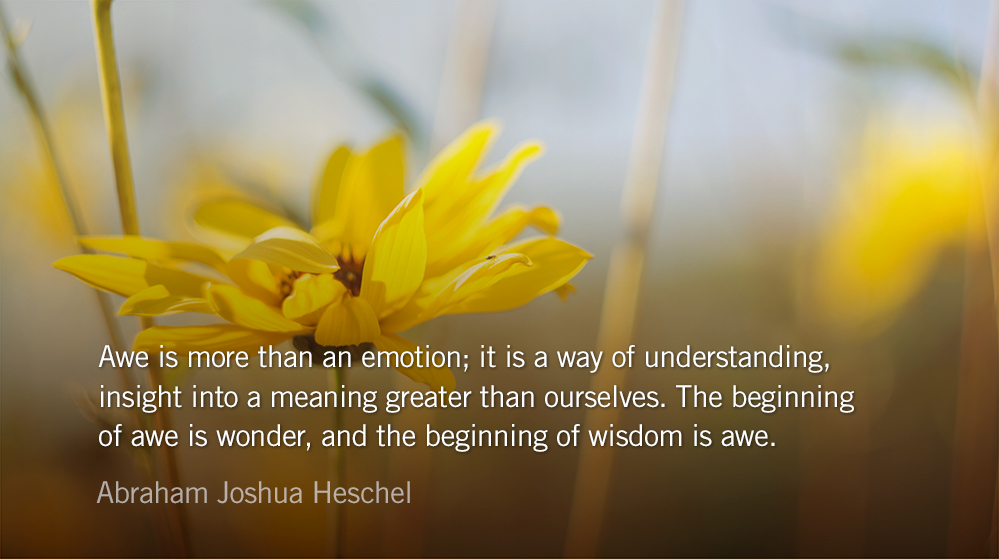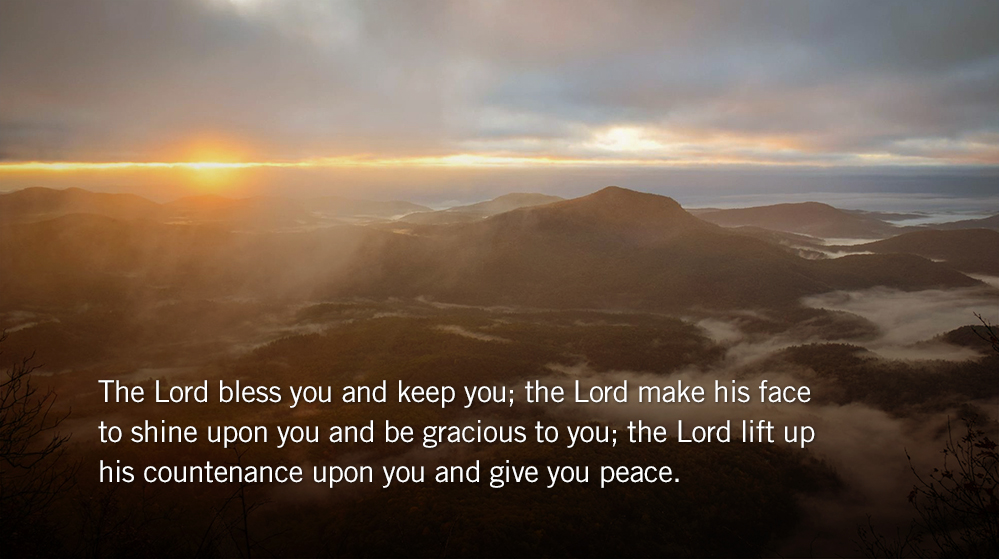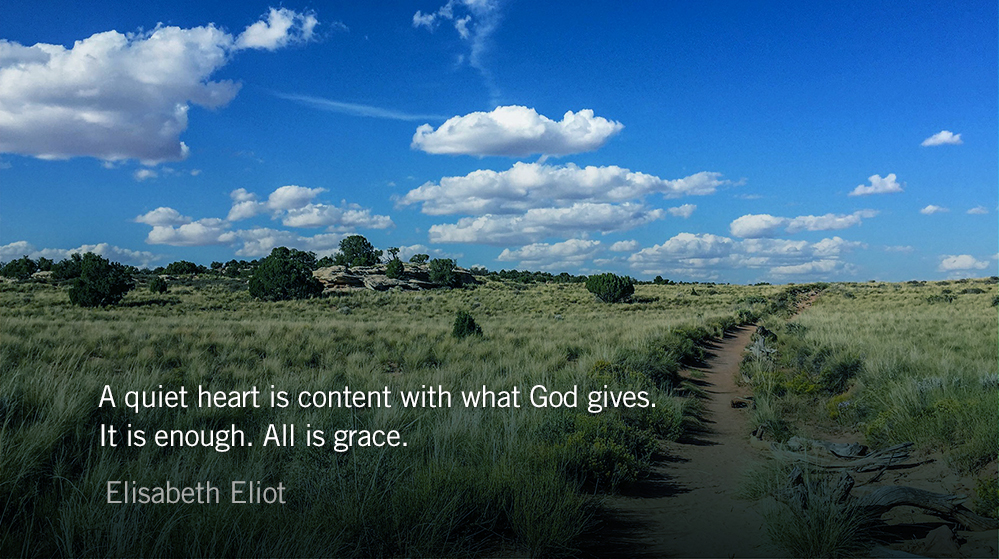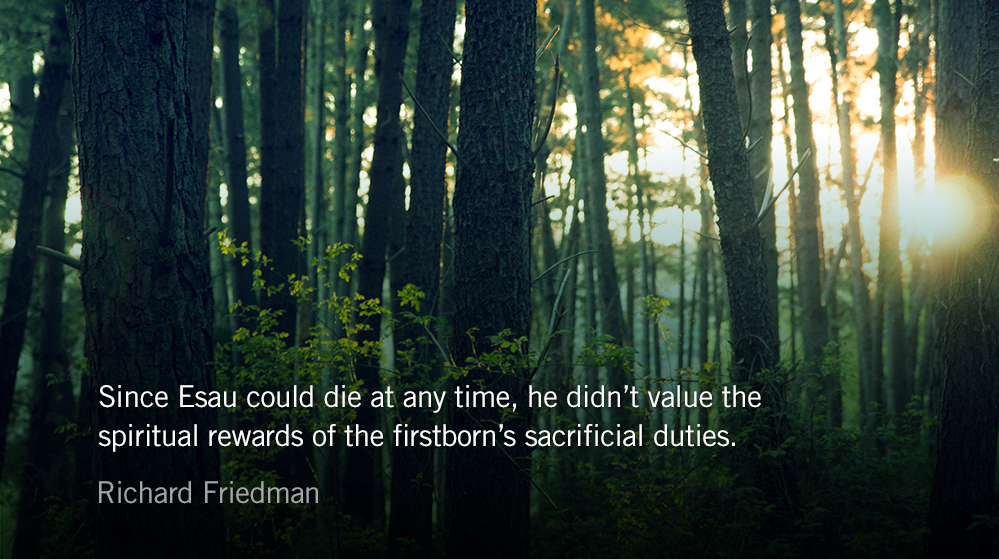Scripture: Matthew 1.20
Joseph son of David, do not be afraid to take Mary home as your wife, because what is conceived in her is from the Holy Spirit.
Reflection: Accepting Jesus
By John Tillman
Matthew’s wording is interesting. Mary is reported to literally “have in the womb” the Holy Spirit. We don’t know how this report reached Joseph. It could have come directly from Mary. But just as likely it did not.
Joseph had every natural inclination to think of the unnamed baby, Jesus, as an invader. His plans for an honorable and simple workman’s life were derailed and disrupted by his young wife’s impossible pregnancy.
But even before knowing that her unbelievable story was true, he elects to be kind—granting her mercy not common in that culture. This tells us as much about his character as any of the more grand and dangerous things he later does, under angelic direction, to protect the child.
Joseph, the man who needed no angelic intervention to be kind to an alleged adulteress, was the perfect earthly father for God’s son.
Beyond simple human jealousy or suspicion of adultery, Joseph overcame a spiritual reality that would have been difficult to accept culturally. God spoke to a woman.
In the Garden, the serpent spoke first to Eve and God spoke with finality to Adam. But now—God speaks to the woman first. Mary, standing in for her ancient parent, reverses the curse. And the mystery of the incarnation begins.
She takes within her body
The cure for the sickness of sin
She gives the maker of the Garden
Tiny feet to walk earth again.
From woman, formed of man
And formed of earth
God takes on flesh.
Though prophets are dumb
Profound cries of God
Are heard within the creche.
Her body returned to dust,
Like all who lived and died.
But that part she gave to him,
Is incorruptible! Eternal! Alive!
Adam and Eve were the first to reject God in the Garden. In the gospels, we see another couple, Mary and Joseph, being the first to accept God back into the world.
The Gospel starts with dreams and visions. God will walk with a couple again. And will join their family.
May we dream with God.
May we listen for his cries.
May we, poor family that we are, join the holy family in redemptively reversing the curse.
Prayer: A Reading
Jesus taught us, saying: “remain in me, as I in you. As a branch cannot bear fruit all by itself, unless it remains part of the vine, neither can you unless you remain in me. — John 15.4
– Prayer from The Divine Hours: Prayers for Springtime by Phyllis Tickle.
Full prayer available online and in print.
Today’s Readings
Isaiah 53 (Listen – 2:39)
Matthew 1 (Listen – 3:29)
Additional Reading
Read More about how Christmas is Upside Down
The Spirit that overshadowed Mary and grew Christ within her body, longs to birth Christ to the world through our actions. May we be the Lord’s servant as she was. May we manifest Christ.
Read More about Good News to the Poor
Christ’s incarnation is about granting access. For homeless shepherds. For despised Samaritans. For foreign immigrants and those of other faiths. The Annunciation, the Magnificat, and Christ’s Nazareth sermon all prominently focus on granting access to the poor and the outcast.

